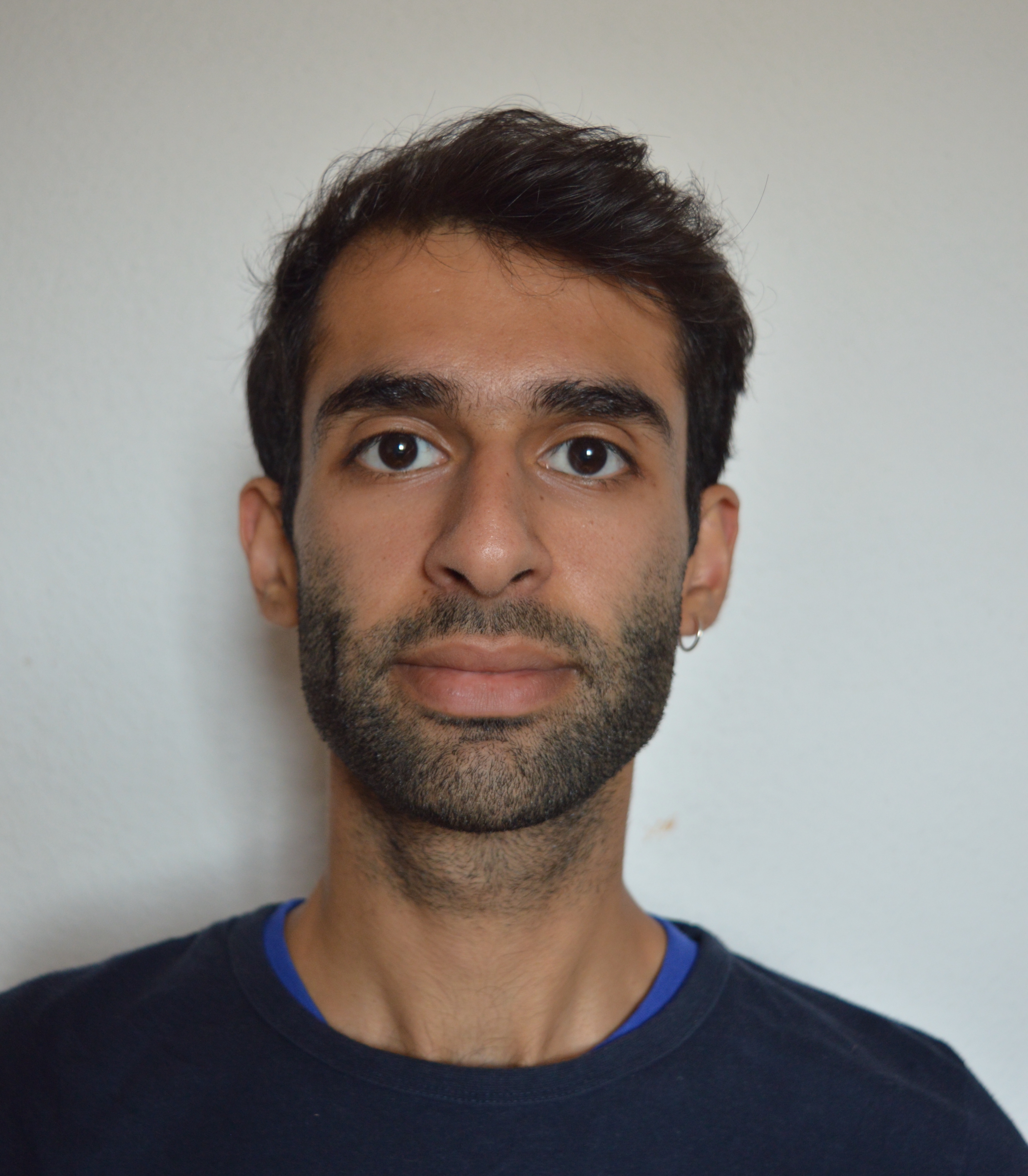Kaveh Akbar's Martyr! journeys through grief, faith, and longing — a hymn for the living, and for those still learning how to live.
Cyrus is close to his thirties, a recovering alcoholic, perpetually dressed in stained T-shirts, and wearing a slightly worried expression. As befits an Iranian queer man growing up in the U.S., he writes poetry about pomegranates rather than iPhones or pop culture—even though he relates far more to the latter. Born in Iran, Cyrus emigrated to the US with his father when he was a baby. Now, he longs to escape the endless spiral of his sadness, even though he knows from the start that he is destined to fail.
Fixated on death and the need for his own to have meaning, Cyrus immerses himself in the study of martyrs. Beyond his writing, he works as a simulated patient at the local university hospital, acting out pain for medical students learning to diagnose suffering. Death is everywhere in Cyrus’s life. His interest, however, extends beyond those already lost—like his mother, Roya, killed in the U.S. Navy’s downing of Iran Air Flight 655—to those who remain alive. His war-sick uncle, Arash, was forced to don a black cloak and ride a black horse, spending the Iran-Iraq War whispering false comforts to dying soldiers in their final moments. When Cyrus reads about Orkideh, a dying Iranian artist, who chose to spend her last days in a museum, turning her deathbed into performance art, he decides to travel to New York to interview her for his book idea.
Martyrdom and Iranian Literature
Martyrdom plays a significant role in Cyrus's family history, reflecting its broader importance in post-revolutionary Iran. Following the 1979 Islamic Revolution and the outbreak of the Iran-Iraq War (1980–1988), Khomeini’s regime actively glorified young soldiers to legitimize the war effort. Literature became a crucial tool for embedding this ideology, with pro-revolutionary narratives dominating and war poetry emerging to mystify the sacrifices of young fighters. Writers who resisted these ideological constraints, whether by exploring themes of love and eroticism—as in the case of Said Sultanpour, who was executed—or by refusing to align themselves with the symbolism promoted by the regime, were either exiled or silenced.
Scholar Ahmadi highlights how the recruitment of minors was not solely driven by religious rhetoric—such as comparisons to Imam Hussein’s martyrdom—but also by class dynamics and conservative ideals of masculinity. By 1984, recruitment officers received bonuses for enlisting soldiers, regardless of age, and families of fallen fighters were compensated with pensions and state benefits. Newspaper articles described the battlefield as a "higher classroom" for boys, reinforcing a narrative that framed war as both spiritual and masculine duty. The regime also published literature itself, such as accounts of grieving mothers who initially resist their sons’ enlistment but ultimately reinforce the martyrdom narrative. Street names were frequently changed to honor young soldiers, further embedding martyrdom in Iran’s cultural and urban landscape.
In “Martyr!”, the fragmented structure of the novel mirrors this generational cycle of martyrdom, offering glimpses into the lives of both the dead and the living who are shaped by these narratives—whether as mourners, survivors, or reluctant inheritors of their ideological weight.
A Reimagining of Martyrdom
Beyond the plot, what makes “Martyr!” so compelling is its layered, ever-shifting interpretation of martyrdom. Cyrus constantly challenges the glorification of martyr narratives, pointing to the ways in which higher powers—whether religious, political, or personal—shape individual biographies. His father once told him as a child, that if he was sad, he should either pray to God or to his dead mother—after all, what was the difference?
Cyrus rejects the romanticized vision of martyrdom, focusing instead on its hidden, overlooked suffering and bitterness of those forced into roles of sacrifice. As readers, we come to know Cyrus as a chaotic, naive protagonist who doubts himself at every turn. Yet, over the course of the novel, we start to sympathize with him. “Martyr!” is refreshingly honest, often laced with humor at Cyrus‘s expense. His kind-hearted best friend and roommate, Zee, repeatedly calls him a narcissist—a judgment that feels both playful and painfully accurate.
“Martyr!”—The Exclamation mark as Irony or Emphasis?
The exclamation mark in “Martyr!” invites questions. Is it meant to be ironic? A critique of the spectacle of martyrdom? Or to emphasize sincere urgency? At its heart, “Martyr!” interrogates the political machinery behind martyrdom, tracing a thread of imperial violence—beginning with the US and extending through other empires—that runs through Cyrus‘s life, starting with his mother, perhaps the first martyr he ever knew. But Cyrus is even more obsessed with the living martyrs—his war-worn uncle, our own complicity in beholding the empires, the artist who turns death into art.
“Martyr!” feels like an open wound, portraying with such an honest protagonist that we, too, struggle to go on—perhaps pathetically—in search of broader meaning. What I love about Akbar’s debut novel is that he does not seem to care to be pathetic, but dives into this ocean of irony, of narcissism, and of compassion. Many chapters begin with a paragraph or a few lines from Cyrus’s document titled BOOKOFMARTYRS.docx, a seemingly endless collection of notes on a wide range of topics inspired by authors from around the world and across time. Somehow these seemingly random notes serve as a framework, guiding the book rather to questions than to answers.
Kaveh Akbar: Martyr!, Pan Macmillan 2024.




















